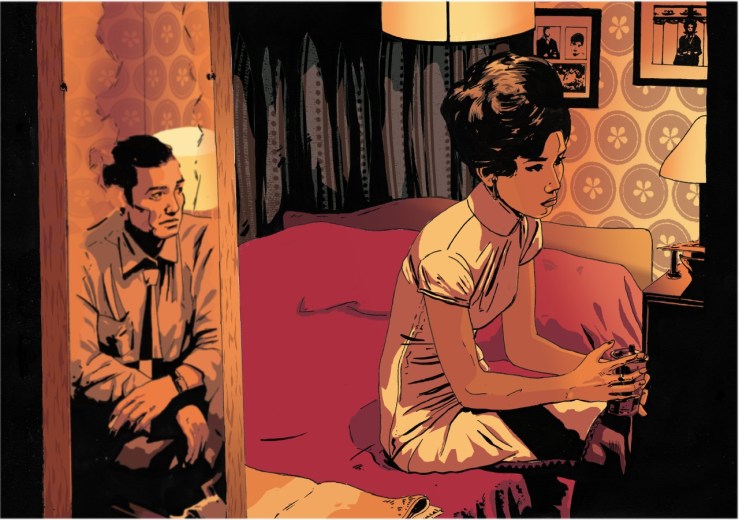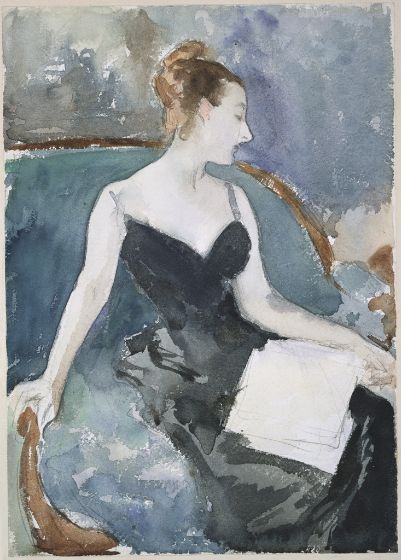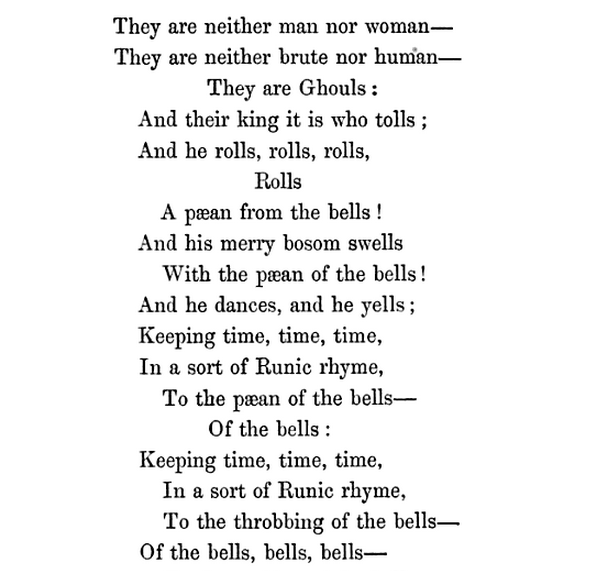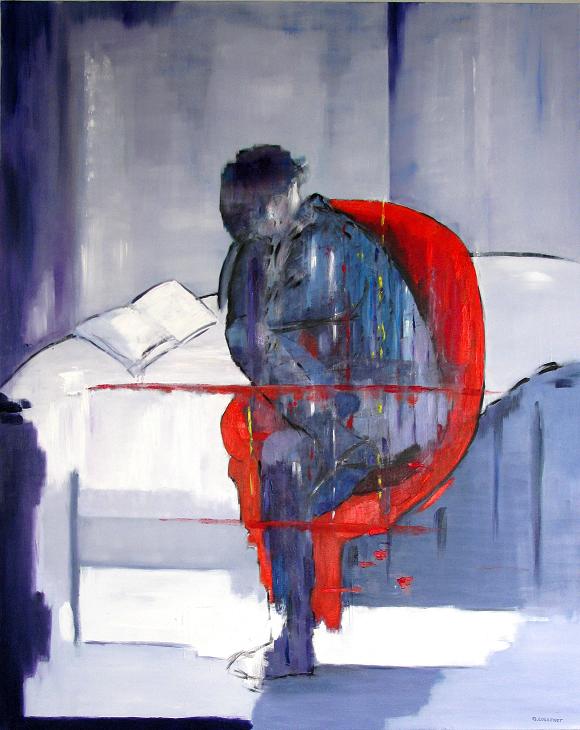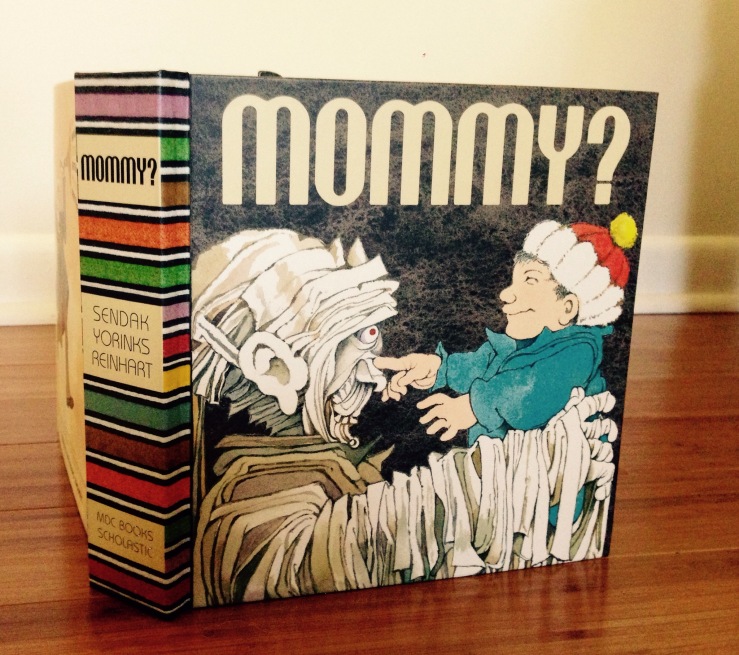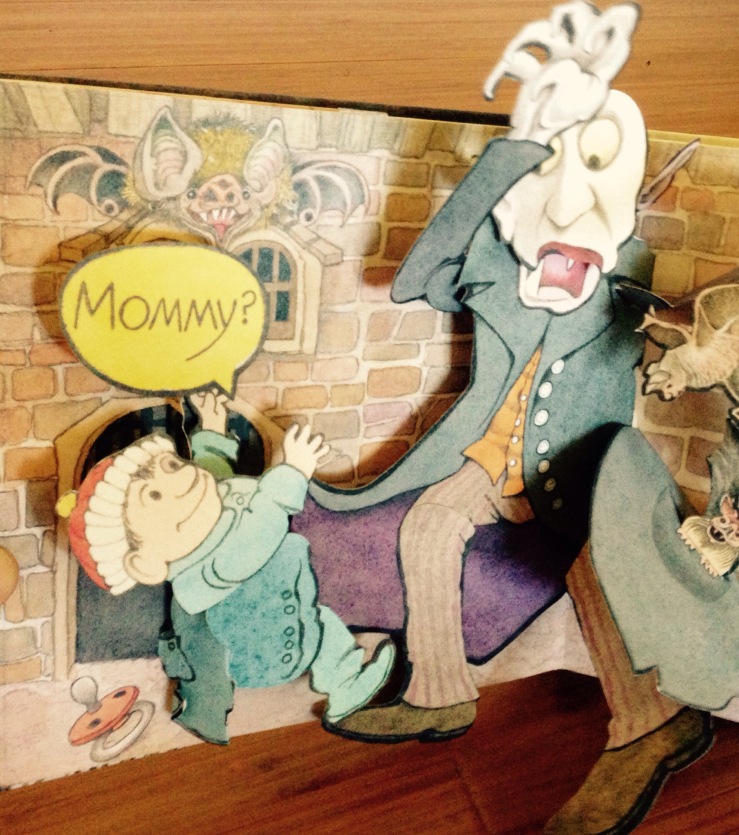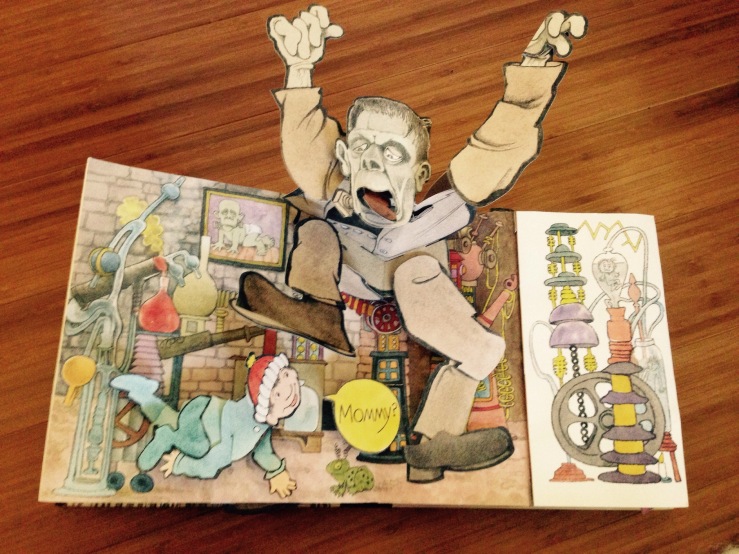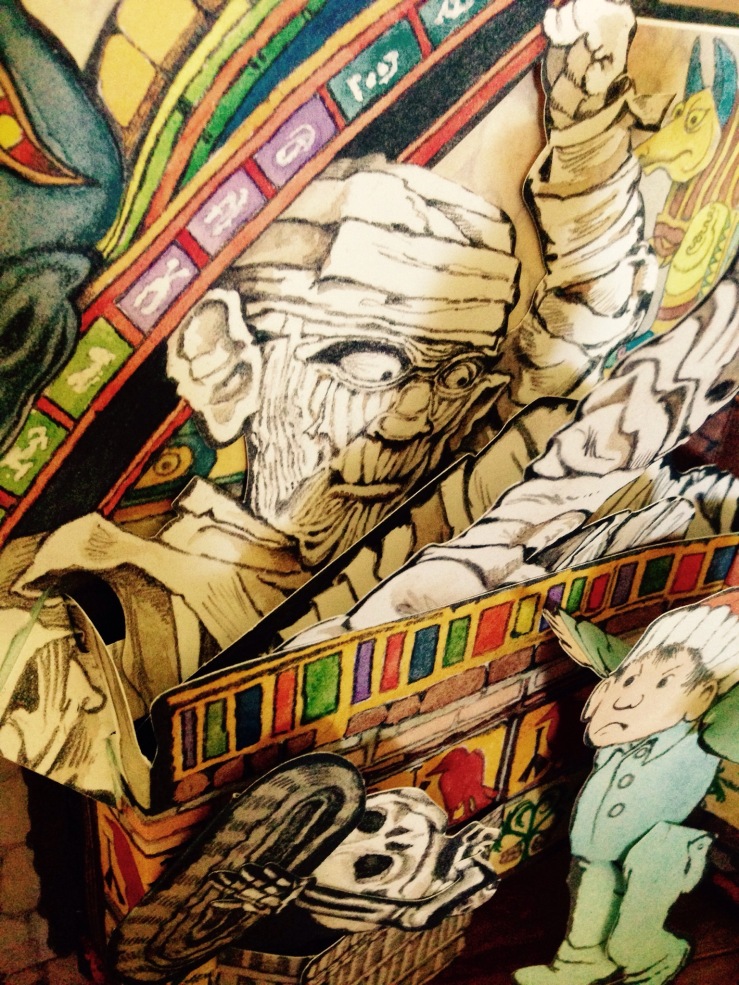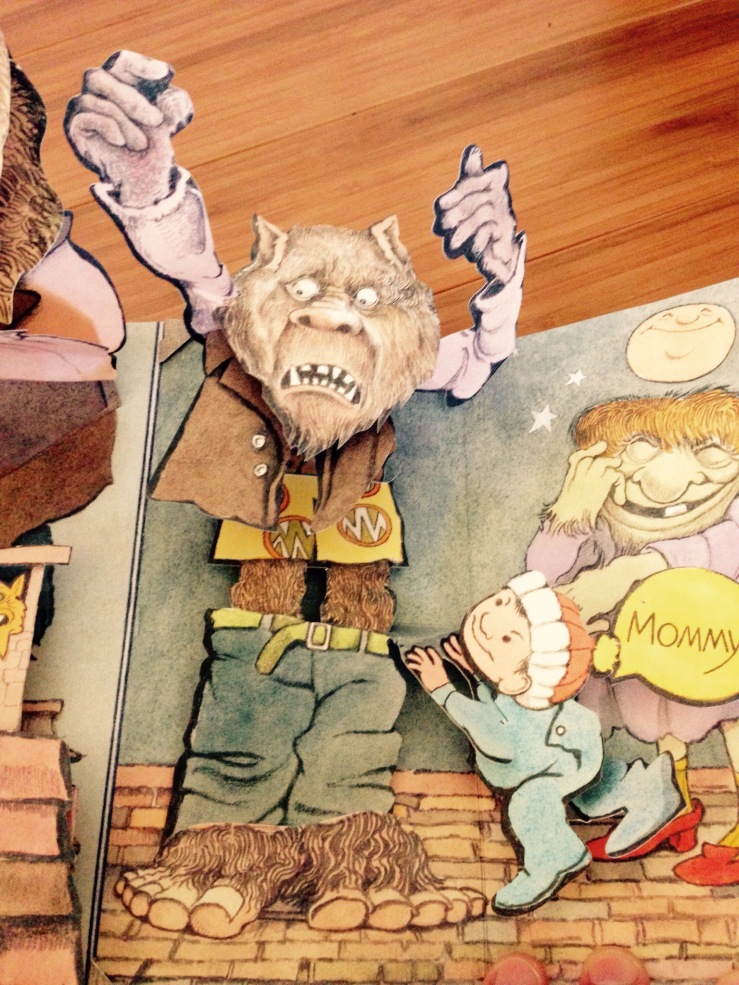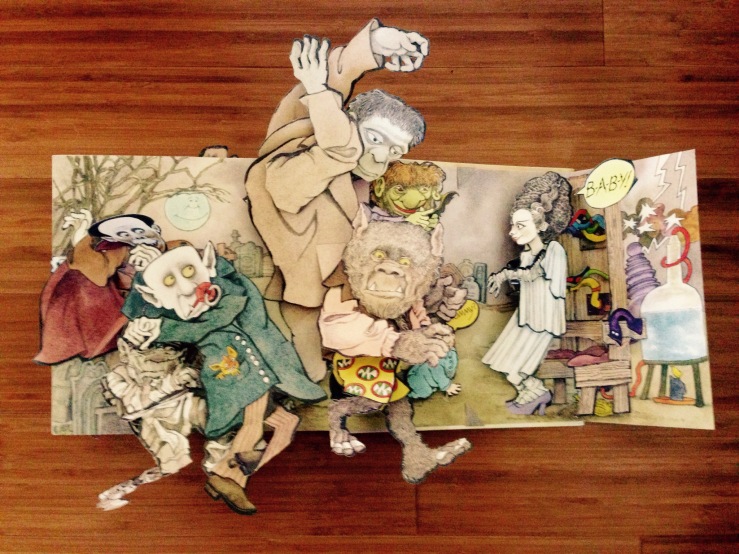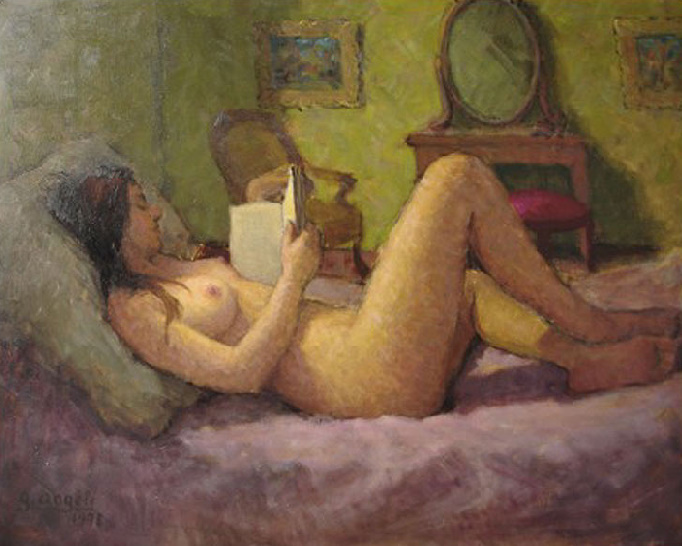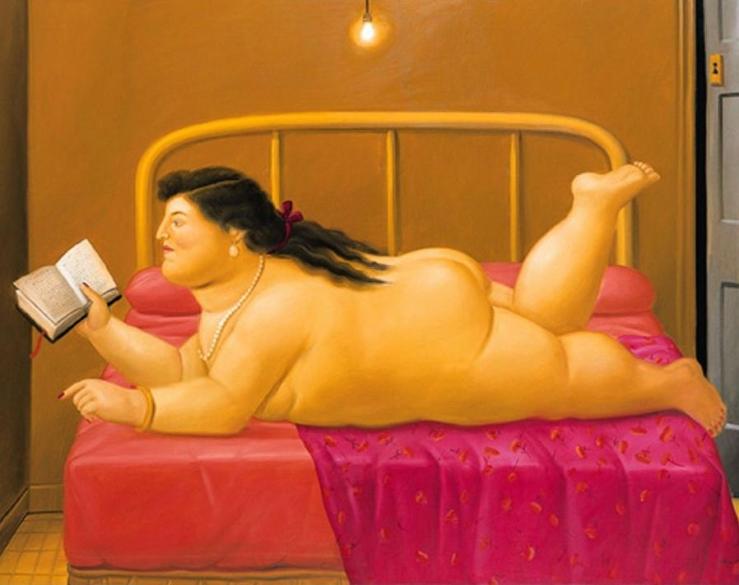“A Relation of the Apparition of Mrs. Veal”
by
Daniel Defoe
The Preface
This relation is matter of fact, and attended with such circumstances, as may induce any reasonable man to believe it. It was sent by a gentleman, a justice of peace, at Maidstone, in Kent, and a very intelligent person, to his friend in London, as it is here worded; which discourse is attested by a very sober and understanding gentlewoman, a kinswoman of the said gentleman’s, who lives in Canterbury, within a few doors of the house in which the within-named Mrs. Bargrave lives; who believes his kinswoman to be of so discerning a spirit, as not to be put upon by any fallacy; and who positively assured him that the whole matter, as it is related and laid down, is really true; and what she herself had in the same words, as near as may be, from Mrs. Bargrave’s own mouth, who, she knows, had no reason to invent and publish such a story, or any design to forge and tell a lie, being a woman of much honesty and virtue, and her whole life a course, as it were, of piety. The use which we ought to make of it, is to consider, that there is a life to come after this, and a just God, who will retribute to every one according to the deeds done in the body; and therefore to reflect upon our past course of life we have led in the world; that our time is short and uncertain; and that if we would escape the punishment of the ungodly, and receive the reward of the righteous, which is the laying hold of eternal life, we ought, for the time to come, to return to God by a speedy repentance, ceasing to do evil, and learning to do well: to seek after God early, if happily he may be found of us, and lead such lives for the future, as may be well pleasing in his sight.
A Relation of the Apparition of Mrs. Veal
This thing is so rare in all its circumstances, and on so good authority, that my reading and conversation has not given me anything like it: it is fit to gratify the most ingenious and serious inquirer. Mrs. Bargrave is the person to whom Mrs. Veal appeared after her death; she is my intimate friend, and I can avouch for her reputation, for these last fifteen or sixteen years, on my own knowledge; and I can confirm the good character she had from her youth, to the time of my acquaintance. Though, since this relation, she is calumniated by some people, that are friends to the brother of this Mrs. Veal, who appeared; who think the relation of this appearance to be a reflection, and endeavour what they can to blast Mrs. Bargrave’s reputation, and to laugh the story out of countenance. But by the circumstances thereof, and the cheerful disposition of Mrs. Bargrave, notwithstanding the ill-usage of a very wicked husband, there is not yet the least sign of dejection in her face; nor did I ever hear her let fall a desponding or murmuring expression; nay, not when actually under her husband’s barbarity; which I have been witness to, and several other persons of undoubted reputation.
Now you must know, Mrs. Veal was a maiden gentlewoman of about thirty years of age, and for some years last past had been troubled with fits; which were perceived coming on her, by her going off from her discourse very abruptly to some impertinence. She was maintained by an only brother, and kept his house in Dover. She was a very pious woman, and her brother a very sober man to all appearance; but now he does all he can to null or quash the story. Mrs. Veal was intimately acquainted with Mrs. Bargrave from her childhood. Mrs. Veal’s circumstances were then mean; her father did not take care of his children as he ought, so that they were exposed to hardships; and Mrs. Bargrave, in those days, had as unkind a father, though she wanted neither for food nor clothing, whilst Mrs. Veal wanted for both; insomuch that she would often say, Mrs. Bargrave, you are not only the best, but the only friend I have in the world, and no circumstance of life shall ever dissolve my friendship. They would often condole each other’s adverse fortunes, and read together Drelincourt upon Death, and other good books; and so, like two Christian friends, they comforted each other under their sorrow. Continue reading ““A Relation of the Apparition of Mrs. Veal” — Daniel Defoe” →


